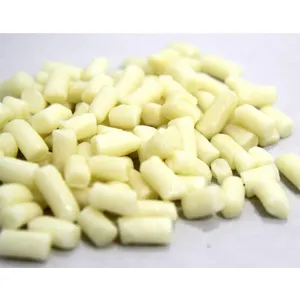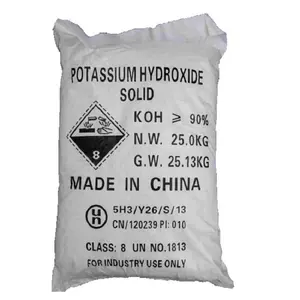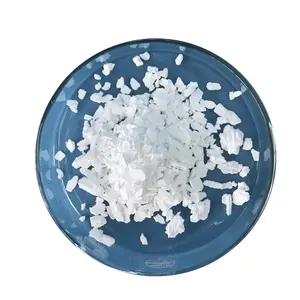Popular in your industry





























































Related Searches:




















































































































































Top categories
About calcium chloride
Understanding Calcium Chloride
Calcium chloride, a versatile chemical compound, plays a pivotal role in various industrial applications. This inorganic salt, represented by the chemical formula CaCl2, is highly soluble in water and exhibits hygroscopic properties, meaning it can attract and hold water molecules from its surroundings.
Types and Forms of Calcium Chloride
There are primarily two forms of calcium chloride available: calcium chloride dihydrate (CaCl2·2H2O) and calcium chloride anhydrous, which contains no water. Both forms are utilized in different contexts, ranging from de-icing to dust control. The compound is often found as white flakes, pellets, or granules, with the white flake form known as calcium chloride flakes being commonly used for ice melt and dust suppression.
Applications of Calcium Chloride
The applications of calcium chloride are diverse. It serves as an effective ice melt salt, providing safety in winter by melting ice on roads and walkways. In the food industry, calcium chloride in food acts as a firming agent and preservative, enhancing the texture of canned vegetables and fruits. Additionally, its role in controlling dust on unpaved roads and in construction sites is well-recognized, with calcium chloride for dust control being a preferred choice due to its moisture-retaining properties.
Features and Advantages
The hygroscopic nature of calcium chloride makes it an excellent desiccant, used to dry out air and gases. Its high solubility and ability to lower the freezing point of water are what make it an efficient de-icing agent. Moreover, the compound's utility in stabilizing soils and in oil drilling operations showcases its adaptability. The safety profile of calcium chloride is also noteworthy, with discussions around "calcium chloride is it safe" affirming its general safety when used appropriately.
Material Composition and Safety
The composition of calcium chloride includes calcium and chloride ions, with the proportion of calcium in calcium in calcium chloride being significant for its effectiveness in various applications. While it is generally safe, handling guidelines must be followed to avoid irritation or harm, ensuring that calcium chloride calcium chloride is used in a responsible manner.
Environmental and Chemical Considerations
In environmental terms, calcium chloride is preferable over other de-icing agents as it poses minimal risk to plant life when used correctly. Chemically, it reacts with sodium carbonate to form calcium carbonate and sodium chloride, a reaction that is beneficial in several industrial processes. The solubility aspect is highlighted when considering calcium chloride soluble characteristics, which make it a compound of choice in solution-based applications.







































